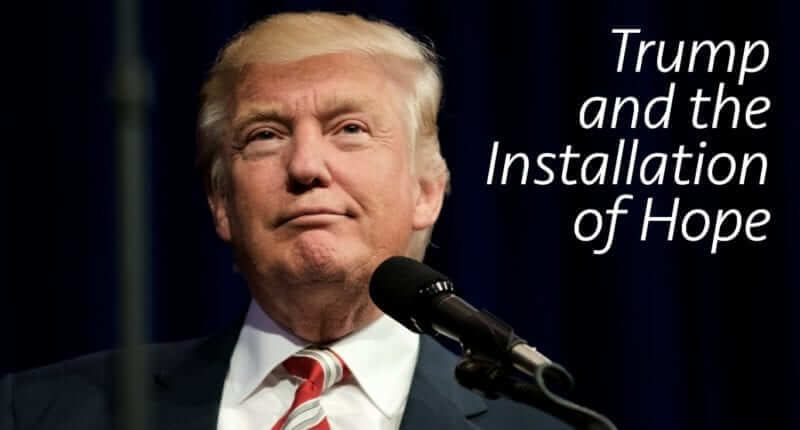This article is written by Jared Scherz, Ph.D., M.Ed. and CEO, of TeacherCoach a professional and personal teacher health site.
The instillation of hope is a primary function of psychologists including my work with educational leaders responsible for our nation’s youth. Without hope, people of all ages may suffer lapses of confidence or determination to excel, settling into a more conservative survival mode- a place that people go when they are dealing with real and perceived crisis. To optimize learning, people need to feel hopeful.
As educational leaders, we can take on a compassionate facilitator role to help ensure that fear and despair does not breed complacency or worse, giving up. We can’t allow division to turn to derision, further alienating and polarizing our community. We must help young people learn how to be hopeful, even when incredulity is deep, following our election.
Helping people who feel heartbroken, whose basic security has been compromised and judgment of friends, family and colleagues is called into question, is no easy feat. While it may seem implausible to help embolden others in the wake of widespread suffering, we owe it to the young people in our lives and those who serve them to find kernels of learning potential.
Keep in mind that nearly half our population voted for change. These people have felt their own challenges that helped them support a candidate whom they may not have personally approved of. And there are many who trust a person who doesn’t hold back, letting us know that our leaders and policy making practices need transparency, a good lesson for all our organizations.
Here are six ways you can help bring out the best in people to unify and generate hope:
- Encourage Non-Judgement: Judgment, although universally instinctive, promotes mistrust and distance between people. If we judge, we don’t get in touch with our own perceptions and experiences which are different from fact.
- Allow Space to Feel. People are afraid and despondent. If you are pleased with the election results, be considerate of those who aren’t. You don’t need to persuade or convince, simply provide space for grieving. People will gravitate toward hope when they feel safe.
- Promote Dialogue over Debate: Dialogue is the exploration of differences while debate is a contest of facts and opinions. Help people learn how to be tolerant and curious of others even when views differ. The process of exchange far outweighs the outcome.
- Transparency and Directness are Valued: The President-Elect may have been unkind or indecent in many eyes, but he said exactly what came to his mind. While a filter can be helpful, we need to learn how to be constructively raw.
- Dislike Ideas, not People: If you know people who hold opposing views, remember they have reasons which may be as evident to you. Staying in contact with somebody we differ with is the second most difficult human task.
- Set Limits: There have already been incidents in which school children have been taunted due to ethnicity. It is imperative that limits be set so that all people feel safe under your leadership. People and children will perform to the level of expectation.
If we all hold the same views, we would be stuck in sameness. Create an organization that values differences and you will find your productivity soars. Embrace possibility and remember you have a voice, so long as you use it constructively.
And finally, on a more personal-political note, I will share that my hope is for two campaign promises to come to fruition. Without term limits and campaign finance reform, we will be unable to create a more honest system of government.





